The Secret Society Behind Major World Events
Understanding Secret Societies
Secret societies have intrigued humanity for centuries, influencing a plethora of world events, ideologies, and policies. These clandestine groups often operate behind the scenes, shaping the political and social landscapes of entire nations. The most notorious society, often associated with political machinations and world power dynamics, is the Illuminati. However, this only scratches the surface. A range of other societies, such as the Freemasons, the Rosicrucians, and the Skull and Bones, have also played significant roles in history.
The Illuminati: A Brief History
The Illuminati was founded in 1776 in Bavaria, Germany, by Adam Weishaupt, a professor of canon law. Initially, the society aimed to promote Enlightenment ideals and combat religious and political oppression. The original group consisted of well-educated elites, including philosophers and politicians. Over time, however, the society transformed into a target for conspiracy theories, accused of orchestrating global events from the shadows.
Historians contend that the Illuminati disbanded in the 1780s, yet conspiracy theories suggest its survival, claiming it persists as a powerful force in global affairs. Accusations of its involvement in revolutions, like the French Revolution, solidified its reputation as a manipulator of societal change.
The Freemasons: An Enigma of Brotherhood
Freemasonry is one of the most recognizable secret societies today, with roots tracing back to the late 16th to early 17th century. This fraternity is renowned for its elaborate rituals, symbols, and a strict moral code. Freemasons generally advocate for philanthropy, moral uprightness, and community service.
However, suspicions have fueled the narrative that financial and political leaders belong to this society, covertly navigating political landscapes to influence policies and global affairs. For example, many U.S. founding fathers were Masons, leading some to theorize that the society influenced the formation of American ideals, reflected in the Constitution and the Bill of Rights.
The Rosicrucians: Mystics of Influence
The Rosicrucian Order emerged in the early 17th century, embodying mystical beliefs and metaphysical principles. Claiming to possess ancient wisdom, this society aimed to reform society and restore knowledge through a blend of science and spirituality. With members often being influential scholars and artists, the Rosicrucians have been part of major cultural advancements and philosophical movements.
Speculation about their influence on key historical events, such as the Enlightenment, pervades scholarly discourse. Their esoteric approach to knowledge arguably shaped intellectual thought during one of the most transformative periods in history.
Skull and Bones: The Ivy League Society
Skull and Bones, founded in 1832 at Yale University, remains one of the most elite and controversial secret societies. With its focus on leadership, networking, and power, numerous notable members have emerged, including U.S. Presidents and influential business magnates. The society’s exclusivity and secretive rituals fuel speculation about its role in shaping American politics and policy.
Reports suggest that members groom future leaders for significant positions, advancing policies aligned with their collective interests. This has led to a narrative that suggests Skull and Bones operates as a hidden hand, influencing global affairs through its powerful alumni.
Impact on Global Events
Throughout history, secret societies have been implicated in several global events, often operating as puppeteers from the shadows. For instance, the rise of modern banking systems has been linked to secret society influence, particularly through networks that include the Rothschild family and their connections to various fraternal organizations.
The theories surrounding the role of secret societies in the establishment of the United Nations and NATO suggest that these groups laid the groundwork for international cooperation, albeit under the influence of elite interests. Such actions illustrate how the intersection of secret societies and political power can forge historical narratives.
The Influence on Culture and Ideology
Secret societies have significantly shaped cultural ideologies. The symbols adopted by organizations like the Freemasons and the Illuminati have permeated art, literature, and architecture. For example, the Eye of Providence, commonly associated with the Illuminati, appears on the Great Seal of the United States and the one-dollar bill, suggesting an intertwining of the society with American identity.
Moreover, influential figures in literature and art, such as Mozart and Da Vinci, were rumored to have ties to secret societies, reinforcing the idea that marginalized knowledge and esoteric beliefs can profoundly impact cultural development and collective consciousness.
Modern-Day Interpretations
Today, interest in secret societies persists, often manifesting in the mainstream through movies, literature, and popular culture. The fascination largely stems from a growing mistrust of governmental authority and a yearning for transparency. The rise of social media has enabled conspiracy theories about such societies to proliferate, yet discerning fact from fiction remains a challenge.
Organizations like Anonymous and more recent secretive online communities evoke the spirit of collaboration and activation reminiscent of past secret societies, albeit through modern technologies. Their emphasis on decentralized, collective action highlights a new era of secrecy, one that is rapidly reshaping discourse surrounding influence and power.
The New World Order: A Unifying Theory
One of the most prevalent conspiracy theories linking various secret societies is the concept of a “New World Order” (NWO). This theory posits that a coalition of elites aims to control the world through a single global government. Proponents argue that the Illuminati, Freemasons, and others are colluding to establish this order, using crises—both created and amplified—to consolidate power.
Discussions around the NWO often cite specific events such as the 9/11 terrorist attacks or the COVID-19 pandemic as pivotal moments used to advance the objectives of these societies. Critics, however, argue that such assertions lack empirical evidence and fail to consider the complexities of geopolitics.
Conclusion of Insights
Secret societies have undeniably shaped the fabric of history, influencing major world events through a combination of ideology, power dynamics, and cultural impact. While narratives surrounding these organizations range from the plausible to the extraordinary, their role in the collective human experience is an intriguing aspect of our social and political reality. Through careful analysis and discernment, one can begin to uncover the layers of influence these societies exert on our world, encouraging a deeper understanding of their historical significance and continued relevance.
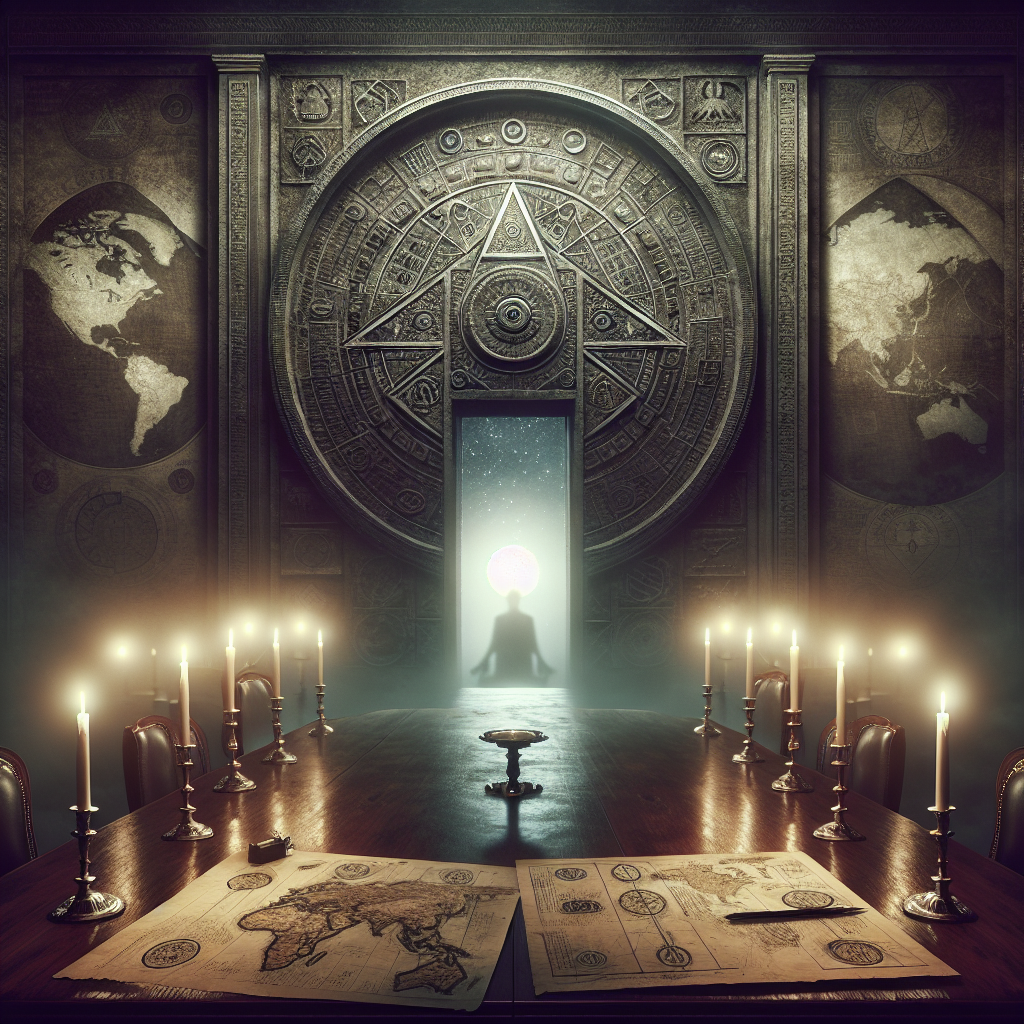
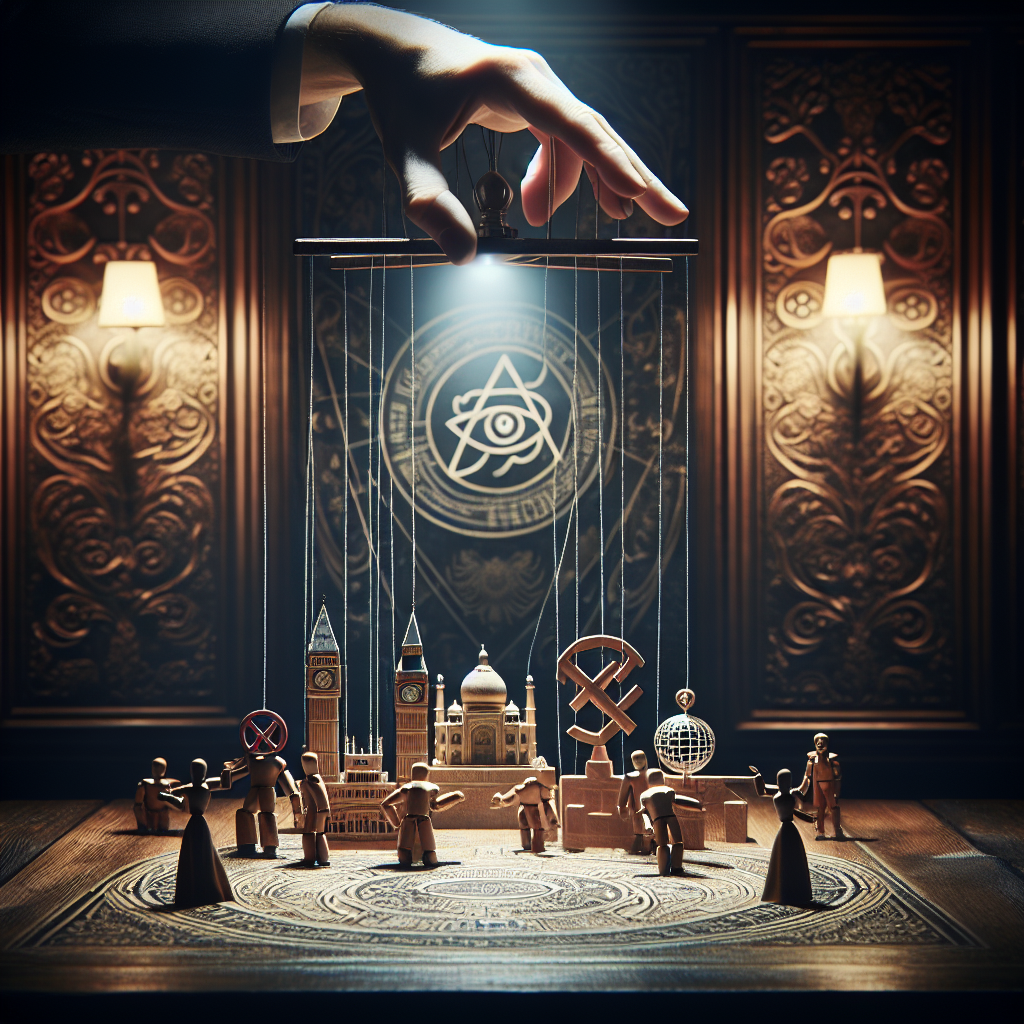
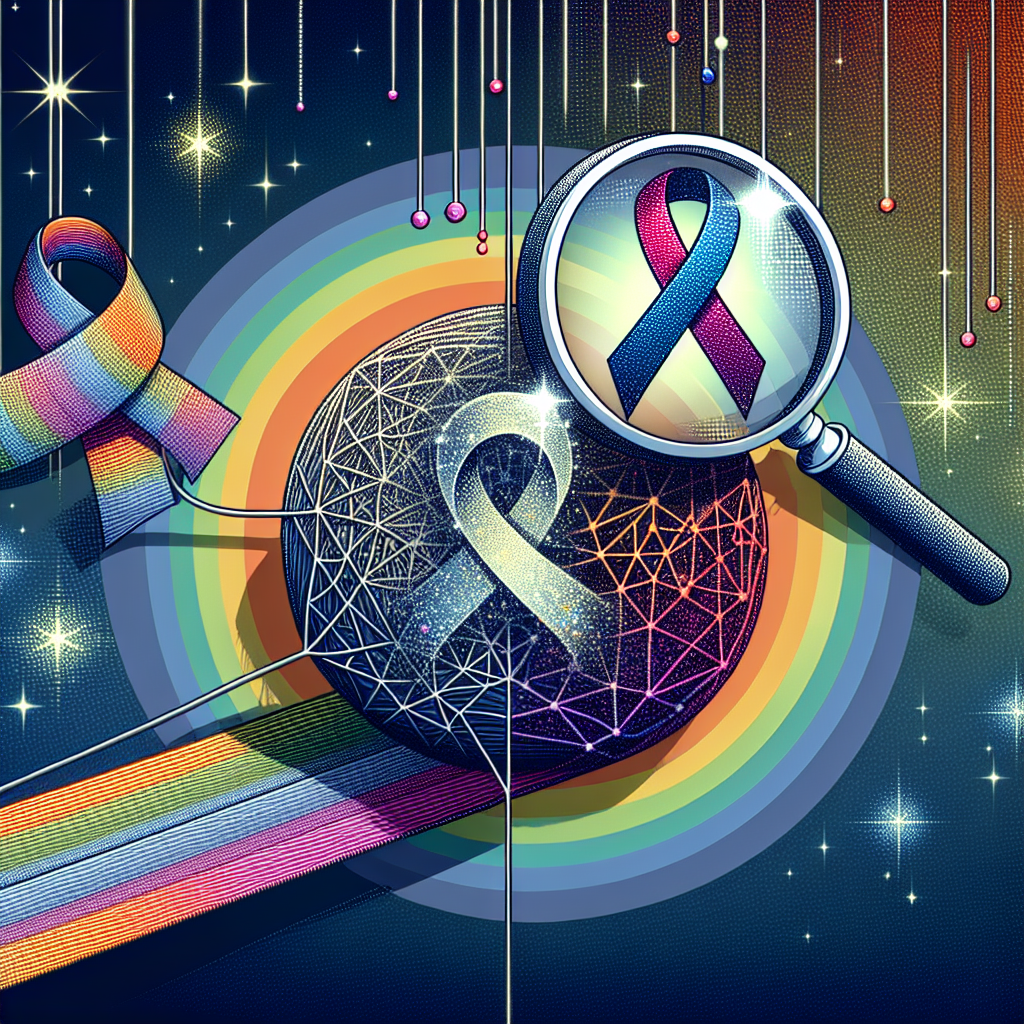
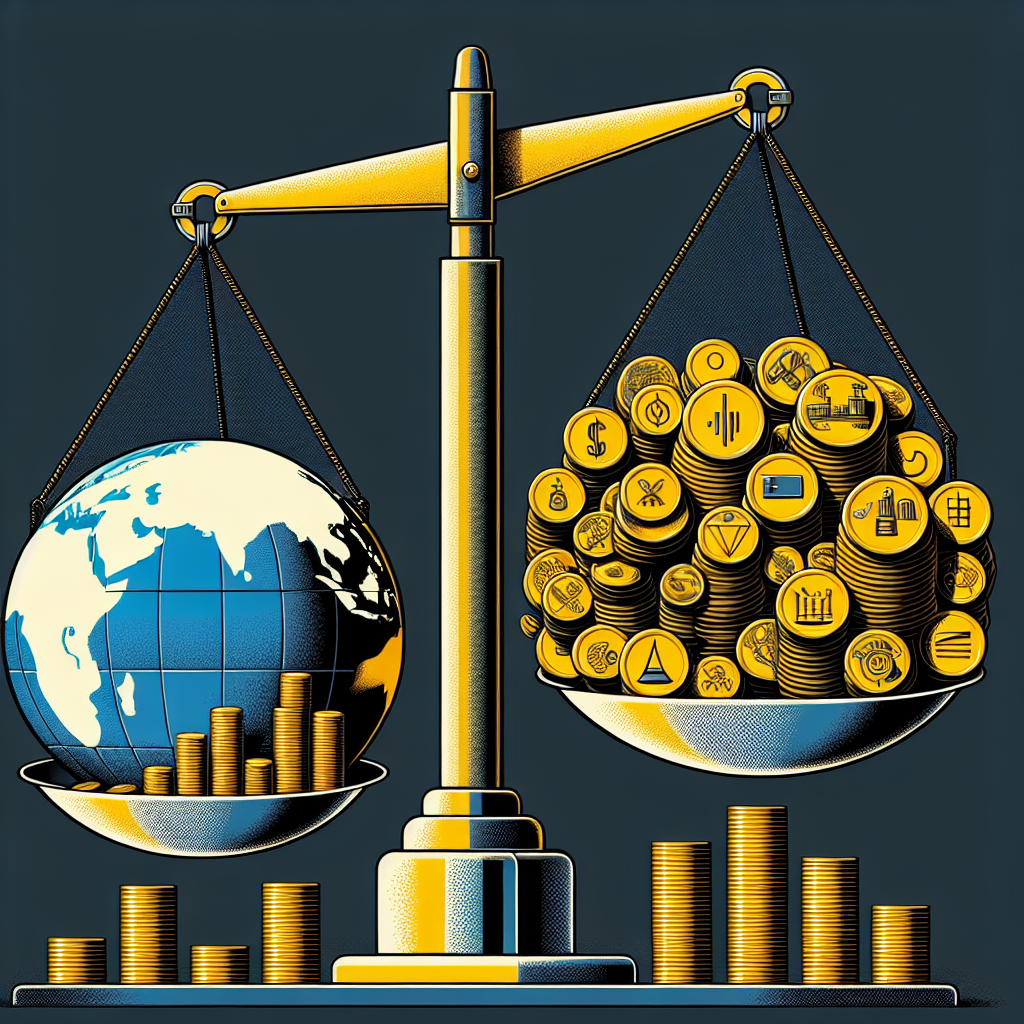
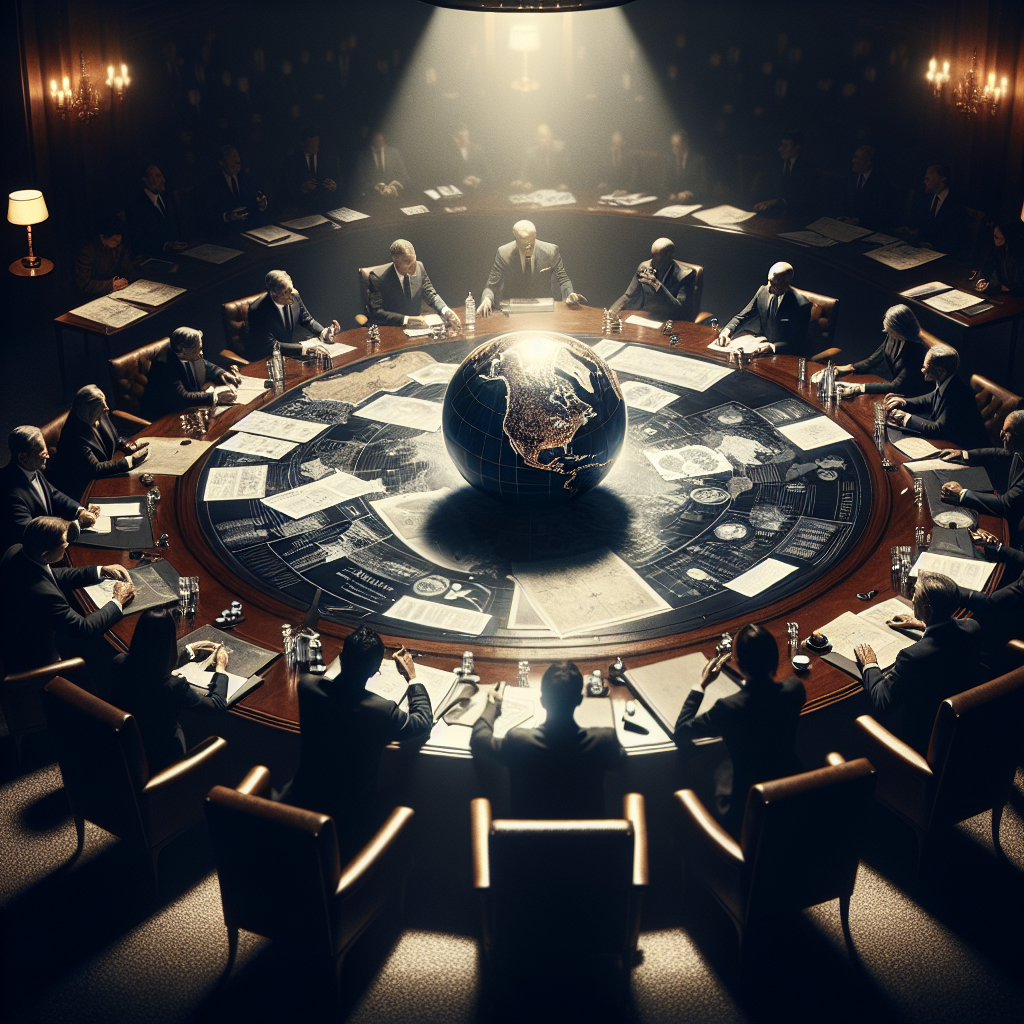
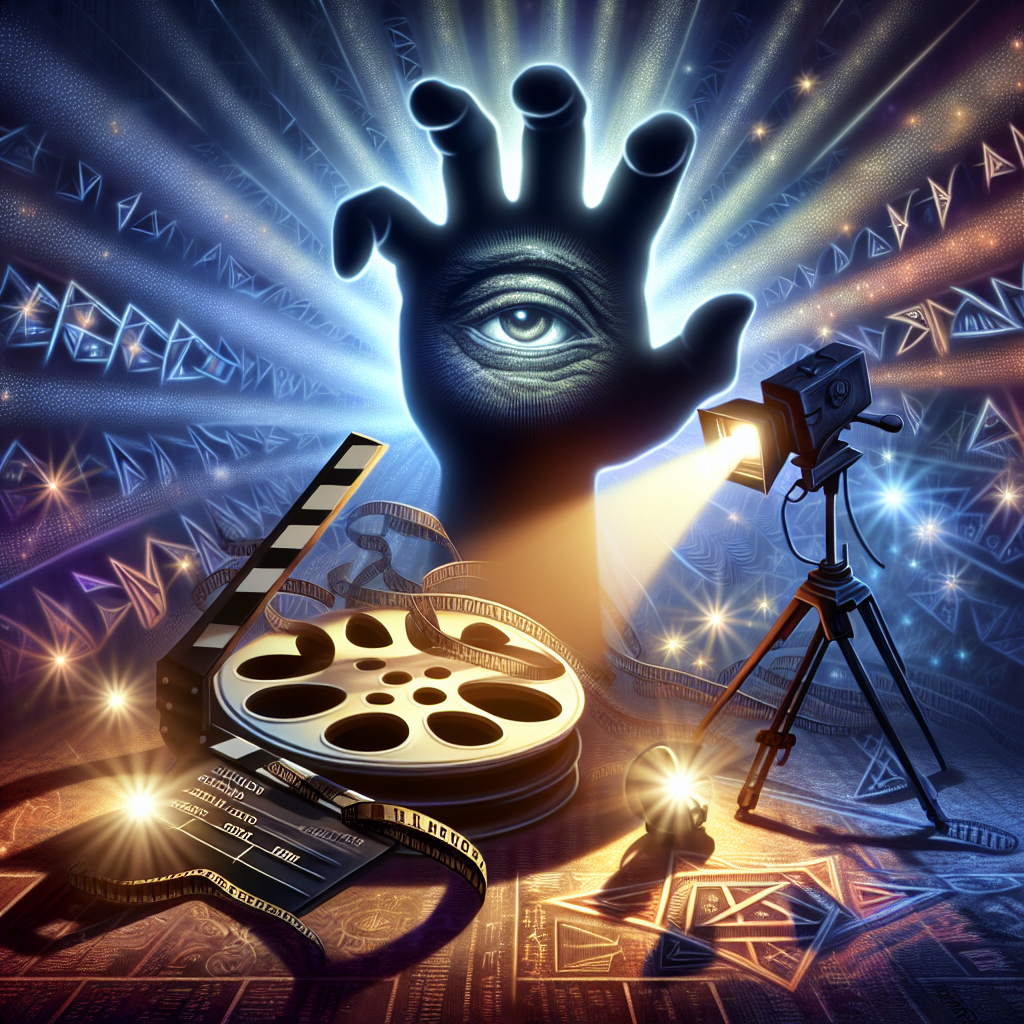
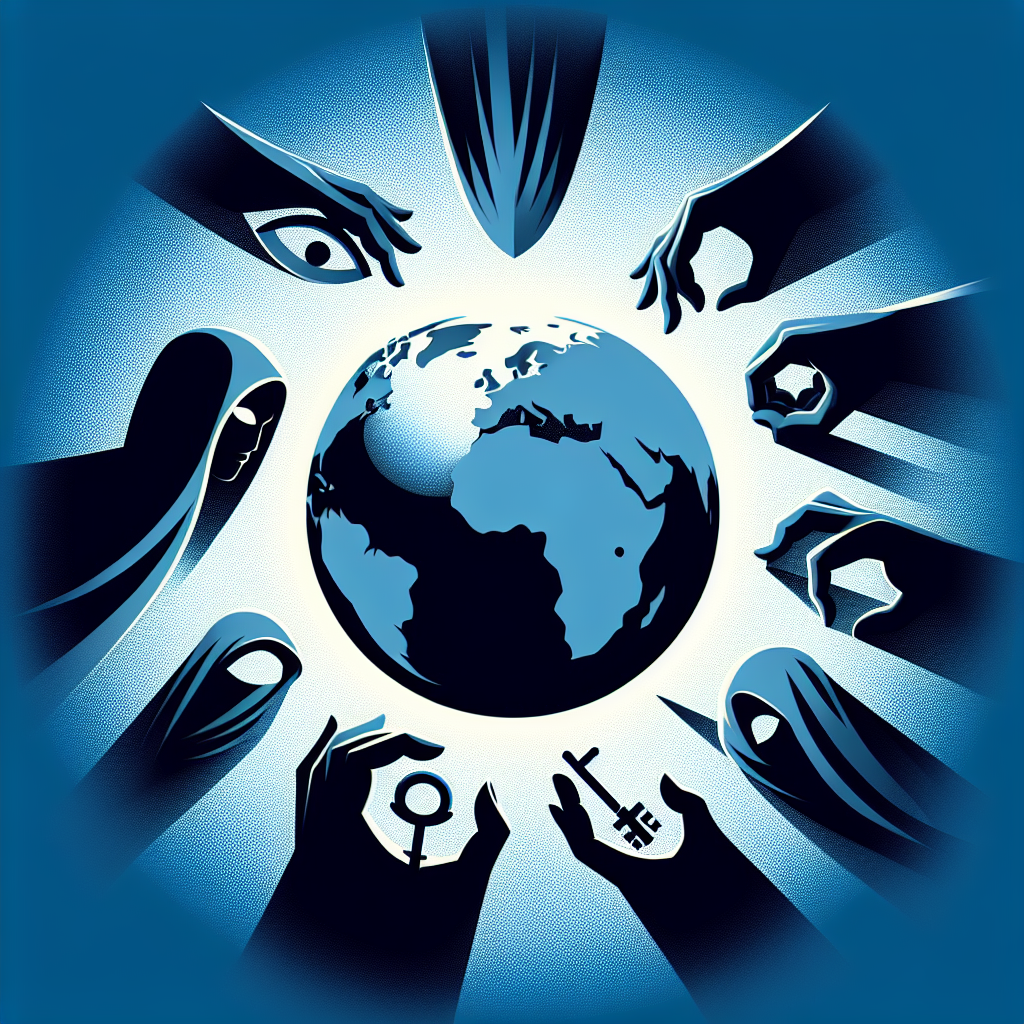




Leave a Reply